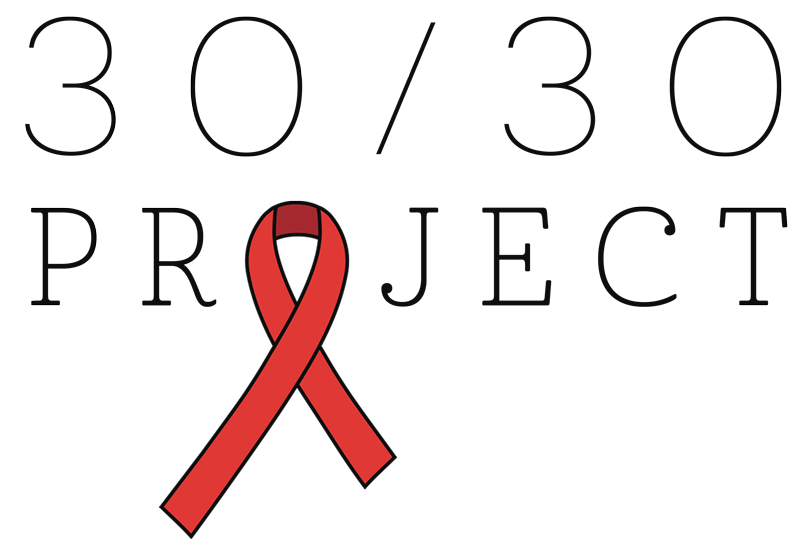India Pre-Construction Q&A

Zach Archer and Zack Peterson are Construction Professionals who volunteered their time to visit Madyha Pradesh in India, and conduct pre-construction survey and analysis for the upcoming 30/30 Project Clinic. They also took a little time out of their days upon return to answer a few of our burning questions.Zack Peterson is a 2006 Graduate of Iowa State University with a BS in Construction Engineering. He has spent the last nine years with the M.A. Mortenson Company of Minneapolis, traveling the country building sports facilities. No stranger to travel, Zack has moved around quite a bit, living in Arizona, Kentucky, Washington, Minnesota, Nebraska, Iowa and currently in San Francisco, CA.Zach Archer joined CfC in 2013 as a construction consultant. He now serves as the Operations Committee Chair on the CfC Board of Directors. Also graduating with a BS in Construction Engineering, Zach is a proud University of Washington Husky. For Zach, it was equal parts travel bug, commitment to the work of CfC, and the knowledge that his construction experience could change lives, that made deciding to go to India, easy breezy.What led you to deciding to do a pre-construction trip for CfC?Zack P: I've wanted to get involved with CfC for a long time, I believe in what CfC is doing and our ideals align. When Zach approached me with the opportunity to travel to India for a project I couldn't say no!What was one of your favorite memories from your time in India?Zack P: My favorite memory, and probably the memory that left the lasting impression, is how happy everyone was in the villages. These people have nearly nothing yet they all seemed so content with their lives, I'm excited to see them after their new medical clinic opens and what effect that has on them.Zach A: Traveling with the locals is the best, wherever you go, and we met some incredible people. We got to see Raghogarh, Bhopal, and Delhi with our new friends. One night we went to Old Delhi and ended up in a place I would have never found, eating some of the best food I would have never ordered.What was the most rewarding aspect of the trip?Zach A: We visited several villages, and each one was so welcoming. They knew we were there to select a site for the clinic so they tried veryhardto convince us to build in their village. It was amazing to see their excitement and how badly they need this clinic. Right there, I knew how important it was for us to be there.What's something you learned from the people or community you were working with?Zack P: I learned from Dr. Ranu Dhillon, of Optimize Health (partnering with PMSS, an India based NGO) just how expansive basic healthcare issues are in India. It was a shock to me to learn that nearly 40% of the world's population that lacks basic healthcare resides in India and the infant mortality rates in Madhya Pradesh exceed those in African Nations. There's a great need in the area for the clinic and it makes the project that much more exciting.Zach A: Over two billion people on Earth, 750 million in India, do not have access to quality healthcare. That means limited, if any, access to vaccines, annual check ups, basic prescriptions, dietary, maternal, or pediatric care. It takes a great deal of effort and money to get care - so many people just don’t. When they do ultimately seek care, their condition has often become much more difficult or impossible to treat, resulting in even greater costs, and leaving them with significant financial hardship.What was something that surprised you about your trip to India?Zack P: I was surprised by how much chai tea is consumed! It was delicious, much better than what we have in America and we must have had chai, or been offered chai, at least six times a day.What aspects of this project are you most excited to see come to life?Zach A: I’m excited to see the role technology will play in this project. Our partners at Optimize Health have an incredible vision of leveraging best practices in tech to standardize healthcare protocols. This means healthcare workers with minimal training can effectively screen and even diagnose most cases at a local level. When a doctor is needed, telemedicine can address many cases without the need for a trip to the clinic and/or hospital. Establishing consistent quality with these systems allows for scalability of the model across the entire state or country. Cloud based systems allow for efficient quality control real time data analytics of the entire program.Plus, Optimize Health is not only providing basic healthcare to everyone, but also for creating health, one community at a time. They will do this by going directly to the people, creating personalized healthcare plans, and educating them about hygiene, diet, and exercise. It is very exciting to work with this team at the beginning of such an impactful endeavor.
